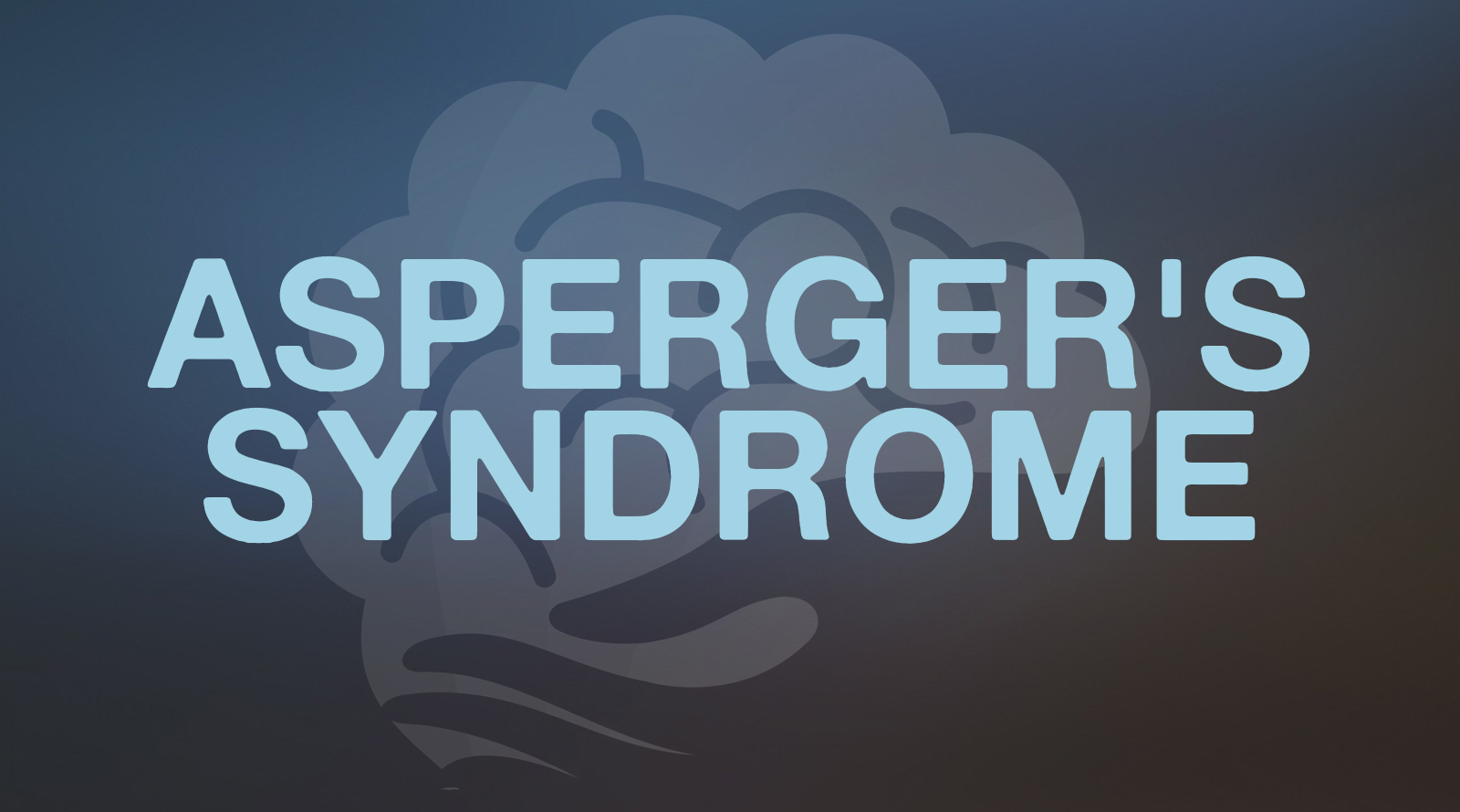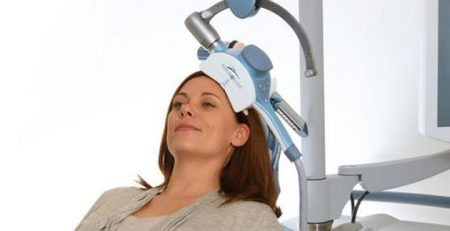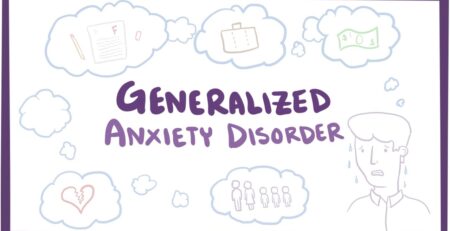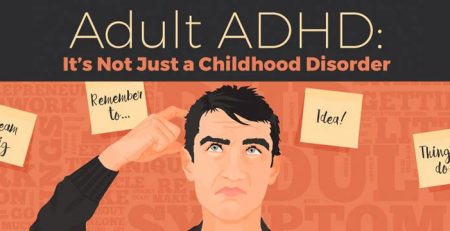Asperger’s Syndrome
Asperger’s Syndrome, viewed as a separate condition before, is now part of the autism spectrum disorder (ASD). This change occurred in 2013 when the Diagnostic and Statistical Manual of Mental Disorders (DSM-5) changed its classification.
Medical professionals classify this condition as a high-functioning type of ASD. The symptoms of Asperger’s are less severe than other conditions of ASD. DSM-5 also includes a new condition known as a social pragmatic communication disorder.
Few symptoms of pragmatic communication disorder overlap with the symptoms of Asperger’s. Medical professionals diagnose a person with Asperger’s if they have problems with writing and talking but have average intelligence.
What Does Asperger’s Syndrome Involve?
Asperger’s Syndrome involves:
- The trouble with social interactions
- Limited interests
- Distinctive strengths
- Wish for sameness
What Are the Strengths of Asperger’s Syndrome?
The strengths of Asperger’s Syndrome include the following:
- Extraordinary persistence and focus
- Attention to detail
- Skill for distinguishing patterns
What Are the Challenges of Asperger’s Syndrome?
The challenges of Asperger’s Syndrome include:
- Hypersensitivity to sounds, tastes, lights, and more
- The trouble with communicating and understanding a conversation
- The trouble with nonverbal communication skills, such as distance, tone, loudness, and more
- Depression and anxiety
- Uncoordinated movements or clumsiness
What Are the Symptoms of Asperger’s Syndrome?
The following are the symptoms of Asperger’s Syndrome:
- Unable to make friends or maintain friendships
- Isolation or minimal interaction with people in social gatherings
- Unable to make eye contact or tend to stare at others
- Unable to interpret gestures
- Unable to recognize irony, sarcasm, and humor
- Unable to express empathy and communicate and control emotions
- Lack of common sense
- Fascination with specific subjects
- Interpret information as literal
- Prefer to follow a strict routine
- Tend to engage in one-sided conversations about themselves
How Do Doctors Diagnose Asperger’s Syndrome?
Medical professionals diagnose Asperger’s Syndrome by performing a multi-disciplinary diagnostic team, which includes a speech and language therapist, psychiatrist, pediatrician, and psychologist. Since Asperger’s Syndrome varies from person to person, it is difficult to reach a diagnosis. Therefore, medical professionals tend to diagnose children with Asperger’s Syndrome later, with some diagnosed with it as adults.











